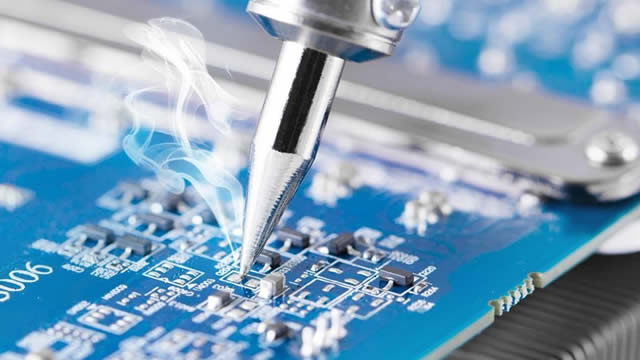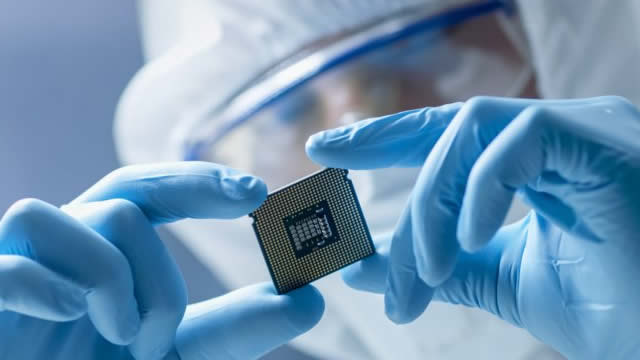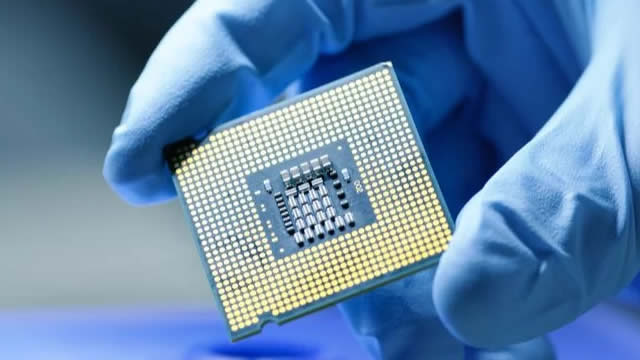TSM Stock Recent News
TSM LATEST HEADLINES
Taiwan Semiconductor Manufacturing (TSM 1.60%) has been at the center of the artificial intelligence (AI) chip boom by virtue of its status as the world's largest semiconductor foundry. The company, commonly known as TSMC, reported second quarter results on July 17, only to remind the market why it is one of the best ways to capitalize on the growth in AI semiconductor demand.
The S&P 500 is the benchmark index used by most investors. In fact, the SPDR S&P 500 ETF Trust NYSEARCA: SPY is one of the most widely held index funds for passive investors.
TSMC stands as a dominant force in the semiconductor fabrication industry, leveraging unmatched scale and technological leadership. The company's robust market position is reaffirmed by robust Q2 financial results. Recent developments highlight TSMC's continued innovation and ability to capture industry tailwinds, supporting long-term growth.
The future of its chip-manufacturing business looks uncertain. It could have major consequences for TSMC and ASML.
Earnings season is upon us! Last week, Taiwan Semiconductor Manufacturing (TSM 1.47%) reported financial and operating results for the second quarter of 2024.
Shares of Taiwan Semiconductor Manufacturing Co. Ltd. (NYSE: TSM), AKA TSMC, recently hit an all-time high of $248.28.
AI chips aid Taiwan Semiconductor's Q2 boom, with HPC revenues soaring to 60% of sales.
Taiwan Semiconductor (TSM 0.56%) is a leading supplier to companies like Nvidia (NVDA 1.75%), fueling the growth of artificial intelligence.
Even though I'm a buy-and-hold investor, I like growth stocks as much as the next guy. Growth stocks are the best choices to add to your portfolio in order to beat the broader indexes like the S&P 500, Nasdaq Composite, and Dow Jones Industrial Average.
Artificial intelligence (AI) investing has been a key market theme over the past two and a half years, and it's slated to remain a significant part of investing for the next few years as well. The reality is that massive AI infrastructure is still needed, and the build-out isn't slated to slow anytime soon.






